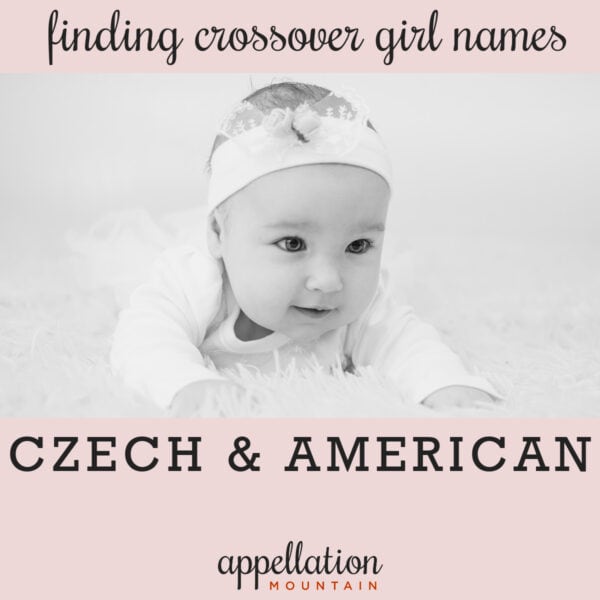With Summer in the US Girls’ Top 200 for the past few years, it might seem too obvious a choice for an August-born daughter.
Thanks to Sebastiane for suggesting a truly unusual twist on a seasonal name. Our Name of the Day is Vasarė.
Vasarė is a Lithuanian given name meaning summer. The pronunciation might not be immediately obvious, but Sebastiane lists it as vah SAY ray – perfectly reasonable to an American English speaker.
In fact, the average American might struggle more to find Lithuania on a map. The nation borders Belarus, Latvia and Poland, and has been independent since 1990. Still lost? Look for the Baltic Sea.
Linguistically, Lithuanian is quite a bit like neighboring Latvian. Like many a European tongue, it is littered with imports – you work on a kompiuteris and hail a taksi. But it is far from familiar to many outside of the culture. And while you’ve probably heard of Vilnius – the capital and largest city – other major hubs, like Klaipėda, Šiauliai and Panevežys are probably new to you.
(In fact, I’m still trying to gauge precisely how successful the bike shop known as www.vasare.lt might be.)
It is little surprise that this one has never popped up in the US Top 1000. There are Vasarės found in the US census records, but a surprising number of them are male. And while a few of their surnames could be Lithuanian, many are anything but. I’ve hit a brick wall on the alternate origin. Hungarian-born Victor Vasarely was a 20th century Op Art innovator, but the surname isn’t close enough to suggest any leads.
Many of the most popular baby names in Lithuania last year look remarkably like the US Top Ten. Emilija comes in at #1, with Gabija, Kamilė, Gabrielė and Austėja right behind.
Vasarė may simply be part of a growing interest in Lithuanian noun names. While gender neutral names appear to be all-but-unknown in Lithuania, plenty of other familiar trends have caught on. Gabija, for example, was a fire goddess in Lithuanian mythology. Other names, like Rasa – dew, come from nature. Odds are she’d wear just fine in Vilnius.
In the US? That’s a bit harder to say. Vasarė won’t retain her diacritical mark any more than Chloë or Franciška. She doesn’t need the mark necessarily – it’s an obscure symbol unlikely to signal the correct pronunciation anyhow. And the names shortens nicely, though Vasey would probably be rhymed with Casey.
Overall, she’s a true rarity and one that no one will share. If you don’t mind explaining your child’s name over and over again, it is quite pretty, too.
I’m divided. Even if I were Lithuanian, I’m not sure I’d choose something so very obviously an import. But then again, I’m not sure that Emilija makes for a satisfying heritage choice, either.
What do you think? Would you use something so very rare, or is Vasarė best left to those dwelling within a day’s drive of Vilnius?




In fact there is masculine version of this name as well – Vasaris. It’s literal meaning is “February”, yet the name of this month cognates with the name “vasara” (summer). This is strange for me as well as February is certainly winter month, yet both of these names sound nice to me.